Introduction
Testing an application is equally important as developing it. But, with the strict deadlines, developers often find it challenging to allocate enough time for testing.
For example, a 100 millisecond increase in page load time can lead to a 1% decrease in sales. Statistics like these have forced organizations to optimize their testing processes. But manual testing alone isn’t enough to handle the complexities of modern applications. Organizations need to use automated testing tools to make the process faster, more accurate, and more efficient.
This article will share 25 web application testing tools you can use to improve the speed, efficiency, quality, and reliability of your testing process.
1. Selenium
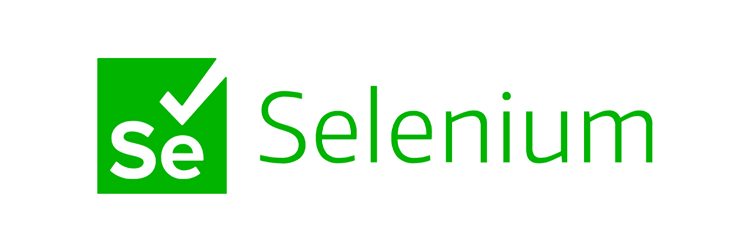
Selenium is a widely used open-source framework for automating web browsers. It supports multiple programming languages, making it a versatile choice for developers.
Key Features
- Cross-browser testing capabilities
- Supports languages like Java, C#, and Python
- Integration with various testing frameworks
- Robust community support
Best For: Automating web applications across different browsers and platforms.
Pricing: Free and open-source.
2. Cypress
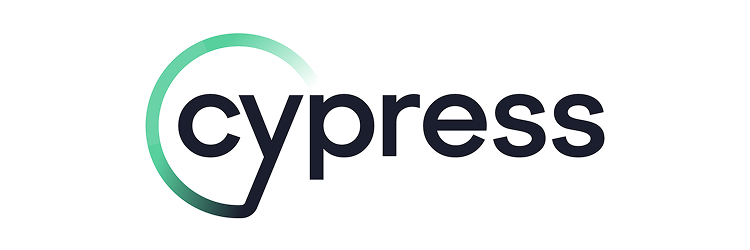
Cypress is a modern front-end testing tool built for the latest web applications. It offers a developer-friendly experience with real-time reloads and automatic waiting.
Key Features
- Time-travel debugging
- Automatic waiting for commands
- Real-time reloads
- Detailed error messages
Best For: End-to-end testing of modern JavaScript frameworks.
Pricing: Offers four pricing plans.
- Starter – Free
- Team – $67/month
- Business – $267/month
- Enterprise – By inquiry.
3. Playwright
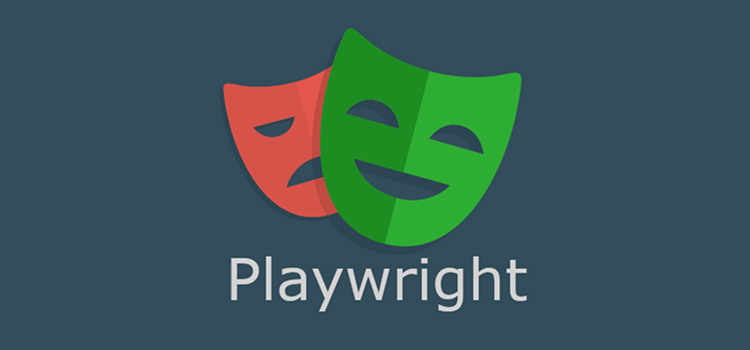
Playwright is an open-source automation library that supports cross-browser testing with a single API.
Key Features
- Automates Chromium, Firefox, and WebKit
- Supports multiple programming languages
- Network interception capabilities
- Automatic waiting for elements
Best For: Cross-browser end-to-end testing with a unified API.
Pricing: Free and open-source.
4. Katalon Platform

Katalon Platform is an automation testing tool built on top of Selenium and Appium. It provides a user-friendly interface for web, API, mobile, and desktop application testing.
Key Features
- Dual interface for manual and script-based testing
- Built-in keywords for test creation
- Integration with CI/CD tools
- Comprehensive reporting and analytics
Best For: Teams seeking an all-in-one solution for various application testing needs.
Pricing: Offers both free and paid versions.
5. TestCafe
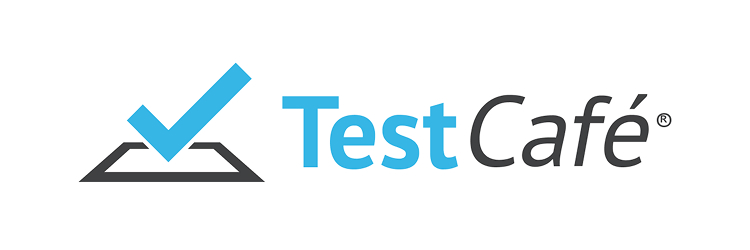
TestCafe is an open-source Node.js tool designed for end-to-end web testing. It doesn’t require browser plugins and works seamlessly across modern browsers.
Key Features
- No browser plugins required
- Supports ES6/ES7 JavaScript
- Automatic waiting mechanisms
- Comprehensive test report generation
Best For: Developers seeking a simple setup for cross-browser testing.
Pricing: Free and open-source.
6. Appium
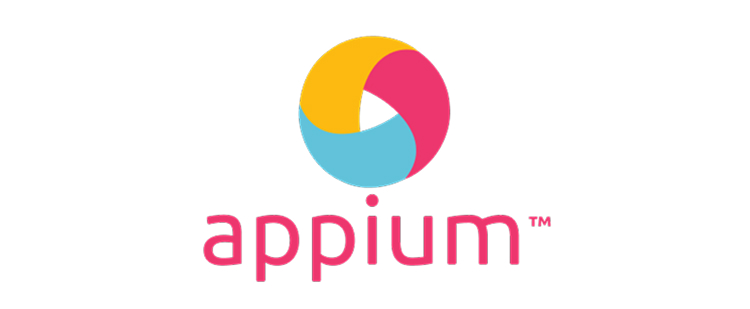
Appium is an open-source tool for automating native, mobile web, and hybrid applications on iOS and Android platforms.
Key Features
- Cross-platform mobile testing
- Supports multiple programming languages
- No need to modify apps for testing
- Active community support
Best For: Automating mobile applications across different platforms.
Pricing: Free and open-source.
7. JUnit

JUnit is a widely used testing framework for Java programming language that is essential for test-driven development.
Key Features:
- Annotations for test organization
- Support for parameterized tests
- Integration with IDEs and build tools
- Detailed test reporting
Best For: Unit testing in Java applications.
Pricing: Free and open-source.
8. NUnit

NUnit is a unit-testing framework used to write and run unit tests for .NET applications.
Key Features:
- Supports data-driven tests
- Extensible with custom attributes
- Integration with various CI/CD pipelines
- Parallel test execution
Best For: Unit testing in .NET applications.
Pricing: Free and open-source.
9. Jasmine

Jasmine is an open-source testing framework for JavaScript, focusing on behavior-driven development.
Key Features:
- Supports asynchronous testing
- Built-in matchers for assertions
- No need for DOM manipulation
- Easy-to-read syntax
Best For: Testing JavaScript code in a behavior-driven development style.
Pricing: Free and open-source.
10. Mocha

Mocha is a feature-rich JavaScript test framework running on Node.js, designed for simple and flexible asynchronous testing. It provides a clean syntax for writing and structuring tests.
Key Features:
- Supports TDD and BDD styles
- Asynchronous test support for handling callbacks, promises, and async/await
- Detailed test reporting with multiple format options
- Support for running tests in browsers and Node.js environments
Best For: Developers looking for a powerful JavaScript test framework for both synchronous and asynchronous testing.
Pricing: Free and open-source.
11. Postman
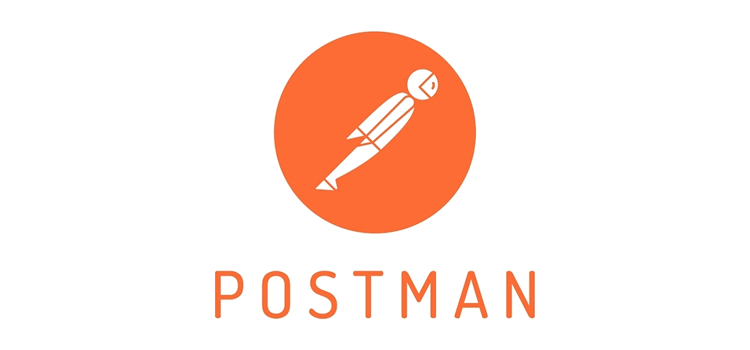
Postman is a popular API testing tool that simplifies the process of developing, testing, and documenting APIs. It provides a user-friendly interface for both manual and automated API testing.
Key Features:
- Supports REST, SOAP, and GraphQL API testing
- Automated testing with pre-scripted requests
- Collaboration features for teams
- Detailed request and response logging
Best For: API testing and automation for developers and QA teams.
Pricing: Free for individual users. Paid plans start at $12 per user/month.
12. JMeter
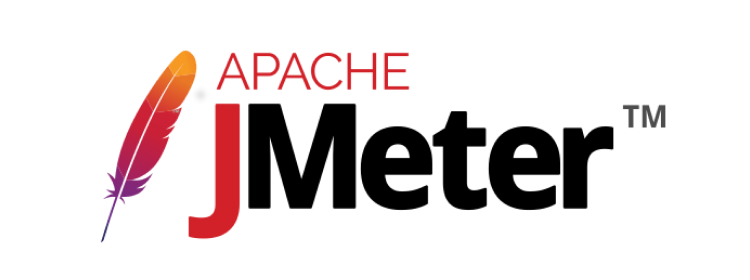
Apache JMeter is an open-source tool for performance and load testing of web applications. It helps teams identify bottlenecks and optimize response times.
Key Features:
- Supports performance testing for various protocols (HTTP, FTP, JDBC, etc.)
- Load testing for web and API applications
- Detailed test result reporting and visualization
- Distributed testing capabilities
Best For: Performance and load testing of web applications and APIs.
Pricing: Free and open-source.
13. Burp Suite

Burp Suite is one of the leading web application security testing tools used by security professionals to test web applications for security flaws like SQL injection and XSS.
Key Features:
- Automated scanning for security vulnerabilities
- Advanced manual testing tools
- Proxy for intercepting HTTP requests
- Extensive reporting and analysis
Best For: Security testing and penetration testing of web applications.
Pricing: By inquiry.
14. OWASP ZAP (Zed Attack Proxy)
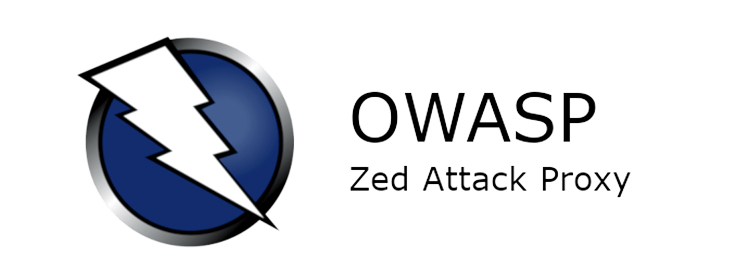
OWASP ZAP is an open-source web application penetration testing tool designed to find security vulnerabilities in web applications.
Key Features:
- Automated vulnerability scanning
- Intercepting proxy for manual security testing
- Passive and active scanning modes
- Plugin support for extensibility
Best For: Security testing for developers and penetration testers.
Pricing: Free and open-source.
15. SoapUI
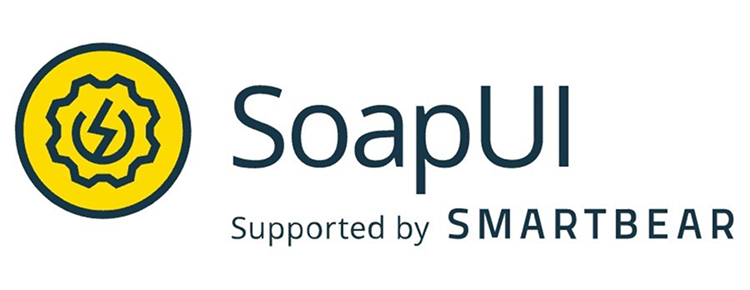
SoapUI is a powerful API testing tool used for functional, security, and load testing of SOAP and RESTful web services.
Key Features:
- Supports SOAP and REST API testing
- Automated functional and security testing
- Mock services for API simulation
- CI/CD integration for continuous testing
Best For: API testing for complex web services.
Pricing: Free and open source.
16. TestComplete
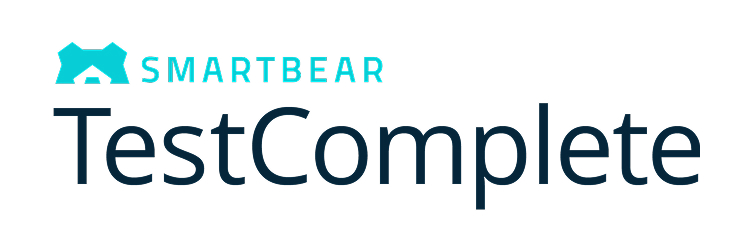
TestComplete is a UI automation testing tool. It supports functional and regression testing for web, mobile, and desktop applications.
Key Features:
- Supports scriptless and scripted testing
- AI-powered object recognition
- Cross-browser testing for web apps
- Integration with popular CI/CD tools
Best For: Functional and UI automation testing for web applications.
Pricing: Offers three pricing plans:
- Base – €3,668
- Pro – €5,669
- Advanced – By inquiry.
17. Tricentis Tosca

Tricentis Tosca is an enterprise-grade testing tool that automates functional, performance, and security testing with AI-powered test execution.
Key Features:
- Model-based test automation
- AI-powered test case generation
- Continuous integration support
- End-to-end test management
Best For: Large organizations needing enterprise-level automated testing.
Pricing: By inquiry.
18. LoadRunner

LoadRunner is a popular performance testing tool designed to simulate real-world loads on applications.
Key Features:
- Supports multiple protocols for load testing
- Scalable cloud-based testing
- Real-time analytics and reporting
- Integration with CI/CD pipelines
Best For: Performance and scalability testing for enterprise applications.
Pricing: Free trial available. Enterprise pricing varies based on requirements.
19. Eggplant
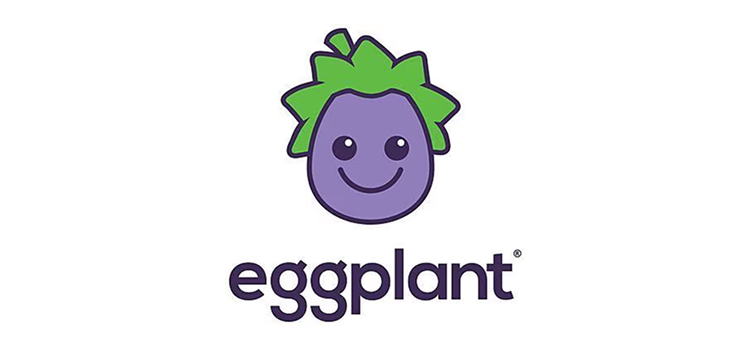
Eggplant is an AI-driven test automation tool that allows UI and functional testing using image recognition and automation intelligence.
Key Features:
- AI-powered automated testing
- Supports cross-browser and mobile testing
- Scriptless test creation
- Integrates with DevOps tools
Best For: UI and functional testing with AI-driven automation.
Pricing: By inquiry.
20. Ranorex

Ranorex is an all-in-one UI testing tool that offers codeless and code-based automation testing for web, desktop, and mobile apps.
Key Features:
- Drag-and-drop UI test creation
- Cross-platform testing support
- Integration with Selenium and CI/CD tools
- Detailed reporting and debugging
Best For: UI and regression testing for web and desktop applications.
Pricing: By inquiry.
21. AppSurify

AppSurify is an intelligent test execution tool. It helps teams identify which tests need to be run based on recent code changes.
Key Features:
- AI-driven test prioritization
- Reduces test execution time
- Works with existing CI/CD pipelines
- Supports major automation frameworks
Best For: Optimizing test execution time in CI/CD environments.
Pricing: By inquiry.
22. WebLOAD
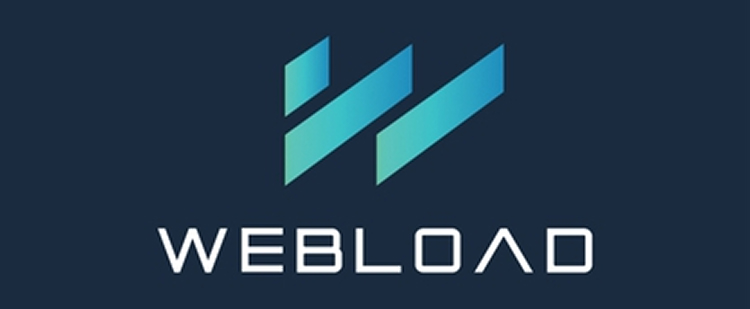
WebLOAD is a load-testing tool designed to handle complex performance testing scenarios for web and mobile applications.
Key Features:
- Load testing for web and cloud-based apps
- Real-time analytics and bottleneck detection
- Supports over 150+ technologies
- Scalable for enterprise testing
Best For: Load and stress testing for high-traffic web applications.
Pricing: A free trial is available. Enterprise pricing varies based on requirements.
23. Leapwork

Leapwork is a no-code test automation platform designed for easy test creation and execution across multiple environments.
Key Features:
- Visual, no-code test creation
- Supports web, desktop, and API testing
- Parallel execution for faster results
- Integration with CI/CD pipelines
Best For: Teams looking for a no-code automation solution.
Pricing: By inquiry.
24. LambdaTest

LambdaTest is a cloud-based platform for automated cross-browser testing, ensuring compatibility across different environments.
Key Features:
- Supports 3000+ browser and OS combinations
- Cloud-based Selenium Grid for automation
- Real-time testing and debugging
- Integration with CI/CD workflows
Best For: Cross-browser testing on cloud infrastructure.
Pricing: Offers 4 pricing plans:
- Free
- Live – $15/month
- Real Device – $25/month
- Enterprise – By inquiry
25. QMetry

QMetry is a test management tool that provides an integrated solution for test case management, automation, and analytics.
Key Features:
- Comprehensive test management dashboard
- Integration with Jira, Selenium, and Appium
- AI-powered test insights
- Supports manual and automated testing
Best For: Managing test cases and automation efforts efficiently.
Pricing: By inquiry.
Conclusion
Web application testing helps development teams verify the functionality, security, performance, and compatibility of the application before releasing it. This article discussed 25 top web application testing tools that support various test types, including automation, performance testing, security testing, and API testing, to help you select the best tools for 2025.
However, the final decision should be based on your testing needs, team expertise, and project scale. So, make sure to ask yourself these questions before making a decision:
- What type of testing do you need?
- Is it easy to use?
- Can it work with your CI/CD pipelines and development tools?
- Is it suitable for large enterprise projects or smaller teams?
- Is it open-source or paid?
- Does it offer good customer support?
